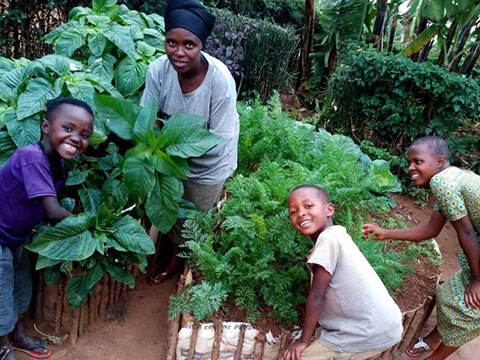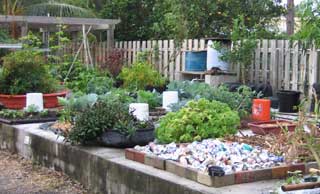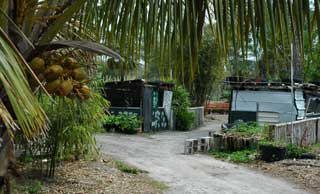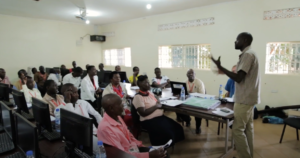Introduction to Farm Resilience
Building a resilient small-scale farm requires more than hard work and dedication; it necessitates a strategic approach to sustainability and adaptability. This guide outlines seven key steps to ensure your farm can withstand various challenges and thrive.
Step 1: Diversify Your Crop Varieties
Start by diversifying the crops you grow. This step reduces the risk of total crop failure due to pests or disease and enhances soil health and biodiversity. Begin with a few varieties and gradually increase your range as you learn what works best for your land.
Step 2: Invest in Quality Soil Management
Healthy soil is the foundation of a resilient farm. Regularly test your soil and add organic amendments to improve its structure and fertility. Consider adopting conservation practices like no-till farming to prevent erosion and enhance water retention. Incorporating cover crops such as legumes can further enrich soil health by fixing nitrogen naturally, reducing the need for synthetic fertilizers. Additionally, practicing crop diversity not only prevents soil depletion but also improves the overall ecosystem resilience against pests and diseases.
Step 3: Implement Water Conservation Strategies
Efficient water use is critical, especially in areas prone to drought. Implement water-saving techniques such as mulching, rainwater harvesting, and drip irrigation to make the most of every drop and protect your farm from water scarcity.
Step 4: Adopt Integrated Pest Management
Integrated Pest Management (IPM) reduces reliance on chemical pesticides by using natural predators, biological controls, and strategic crop rotation. Start by identifying beneficial insects and natural deterrents before turning to chemical solutions. Additionally, implementing physical barriers such as nets and traps can effectively protect crops from pests without harming the environment. Regular monitoring and accurate pest identification also play crucial roles in IPM, allowing for timely interventions that are specific to the pest type and severity of infestation.
Step 5: Build Local Networks and Partnerships

Strengthen your farm’s resilience by building networks with other farmers, local businesses, and agricultural organizations. These partnerships can provide shared resources, knowledge, and market access, enhancing your farm’s sustainability.
Step 6: Embrace Technology and Innovation
Incorporate modern agricultural technologies like precision farming tools and climate forecasts to improve your farm’s efficiency and decision-making. These technologies can provide real-time insights into crop health, weather patterns, and soil conditions.
Step 7: Engage in Continuous Learning and Adaptation
The agricultural sector is continually evolving, so stay informed about the latest sustainable practices and technologies. Participate in workshops, online forums, and collaborate with research institutions to keep your farming methods up-to-date.
ECHO hosts engaging live events and training throughout the year. Feel free to visit our events page at echonet.org/events. You can also access our ECHO community site that is a helpful free resource that helps connect and inspire farmers from all over the world.
Conclusion
Building a resilient small-scale farm involves integrating sustainable practices, innovative technologies, and strong community networks. By following these steps sequentially, you can create a robust farming operation that not only survives but thrives in the face of challenges, ensuring sustainability and productivity for years to come.
–
ECHO provides hope against hunger around the globe through agricultural training and resources. As a Christian technical networking and resourcing organization, ECHO builds a diverse, global network and serves that network by sharing validated contextualized agricultural options with technical excellence. ECHO’s goal is to serve its network members to advance food security and sustainable livelihoods. ECHO’s North American Regional Impact Center is located in Fort Myers, Florida with a global presence through four Regional Impact Centers in the USA, Thailand, Tanzania, and Burkina Faso. For more information about ECHO call 239-543-3246 or visit echonet.org or ECHOcommunity.org.












